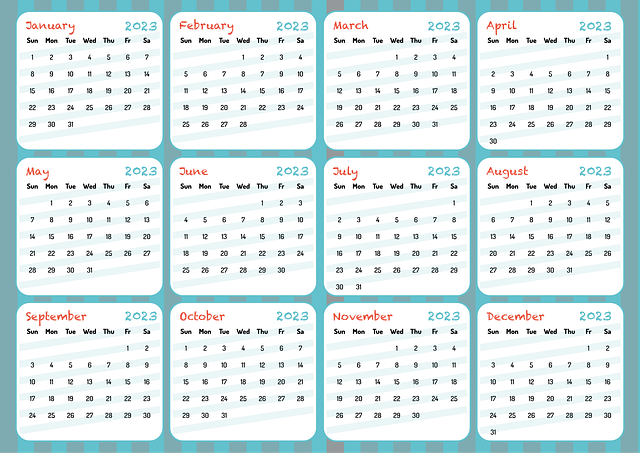Event planning for local businesses leverages strategic objectives like brand awareness, foot traffic, or lead generation. Through captivating content, interactive features, and exclusive materials, organizers engage the target audience on social media platforms like Facebook, Instagram, and Twitter. Skilled planners transform posts into dynamic multi-platform campaigns, driving participation and user-generated content to boost brand visibility and local business success. Setting clear event objectives, aligning with broader marketing strategies, ensures maximum ROI and a cohesive narrative that resonates with the target audience. Tailored content, specific attendee profiles, and interactive formats aligned with customer interests strengthen brand identity, drive sales, and build community connections for sustained business growth.
Social media events, when skillfully managed, can significantly boost local businesses’ online presence and offline customer engagement. This article provides an in-depth guide on Event Planning for Local Businesses, focusing on key strategies that ensure success. We’ll explore how to strategize with clear goals and audience engagement, navigate logistics and platform selection, manage operations seamlessly, and measure the impact of your event. By following these steps, you can create memorable experiences that drive business growth.
- Strategizing for Success: Setting Clear Goals and Audience Engagement
- – Understanding the purpose of social media events for local businesses
- – Defining event objectives and aligning them with marketing goals
Strategizing for Success: Setting Clear Goals and Audience Engagement

When it comes to social media events, success lies in meticulous planning and a clear strategy. Event planners for local businesses must define specific, measurable goals that align with their overall marketing objectives. Is it brand awareness, driving foot traffic, or generating leads? Setting these goals provides a roadmap for the entire process.
Audience engagement is another key factor. Understanding your target demographic and tailoring content to resonate with them is vital. This involves creating compelling posts, interactive polls, and exclusive event-related content that encourages participation and sharing. By strategically leveraging social media platforms, local businesses can effectively reach their desired audience, fostering meaningful connections and ultimately driving event success.
– Understanding the purpose of social media events for local businesses

Social media events play a pivotal role in the marketing strategies of local businesses, offering unique opportunities to engage with their target audiences directly and foster brand loyalty. By leveraging platforms like Facebook, Instagram, or Twitter, businesses can create exciting, interactive experiences that extend beyond traditional advertising methods. These events serve as powerful tools for event planning for local businesses, enabling them to build a vibrant online community around their brand.
Effective social media event management involves understanding the specific goals and target market of each business. It’s not just about hosting a virtual gathering; it’s about crafting an immersive experience that aligns with the company’s identity and resonates with its followers. Skilled event planners can transform simple posts into dynamic, multi-platform campaigns that drive participation, encourage user-generated content, and ultimately boost brand visibility and local business success.
– Defining event objectives and aligning them with marketing goals

Setting clear event objectives is a cornerstone of successful social media events for local businesses. Before launching into promotion and execution, organizers should define what they hope to achieve. Is it brand awareness, generating leads, or fostering community engagement? Aligning event goals with broader marketing strategies ensures every aspect—from content creation to attendee interaction—serves a purpose. This focused approach not only maximizes ROI but also creates a cohesive narrative that resonates with the target audience.
For local businesses, understanding their unique selling points and customer demographics is key. An event should reflect these aspects, whether through tailored content, preferred attendee profiles, or interactive formats that align with consumer interests. By doing so, events become powerful tools for strengthening brand identity, driving sales, and building lasting connections within the community, ultimately contributing to sustained business growth in today’s competitive market.
Social media events, when planned and managed adeptly, can be a powerful tool for local businesses to enhance their brand visibility and foster community engagement. By strategically setting clear goals and understanding audience preferences, these events can significantly contribute to the overall marketing success of small businesses. Event planning for local enterprises should focus on creating meaningful interactions, leveraging social media platforms effectively, and measuring the impact of these initiatives to ensure continuous improvement in their online presence.














